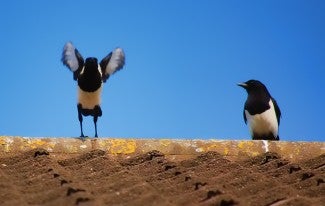Evaluation led by children
This is a discussion originally posted in the Gender and Evaluation communityled by Rituu B Nanda regarding Laura Hughston's report which presents a child-led evaluation of a multi-sectoral programme in Cambodia seeking to empower adolescent girls and a












